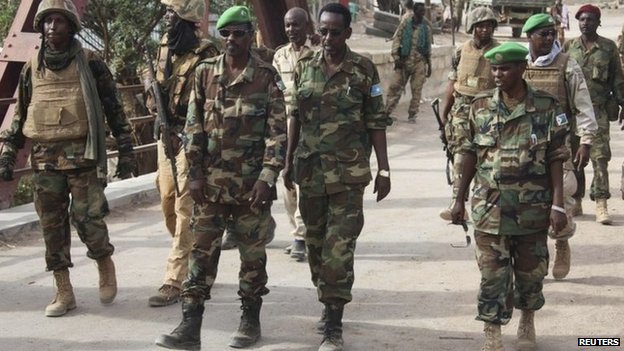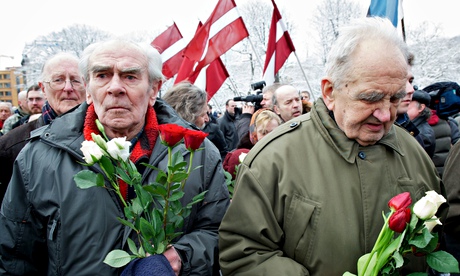by Tony Iozzo
Impunity Watch Reporter, Europe
MADRID, Spain – Spanish and Moroccan authorities executed a series of arrests on Friday, in an effort to dismantle an Islamist militant cell that supplied fighters to areas engaged in fighting, most notably Syria.
Officials from both countries announced that they had made seven arrests in connection with the cell, including the group’s leader, a Spanish citizen. Mustafa Maya Amaya, a nationalized Spaniard that was born in Belgium, was arrested in Melilla, a Spanish enclave surrounded by Moroccan territory. Two French citizens were arrested alongside Amaya in connection with the cell, according to Spain’s interior ministry. A Tunisian individual from Malaga, Spain, and three additional Moroccans were also arrested.
Over the course of recent conflicts such as that in Syria, fighters from Morocco, Tunisia, Algeria, and more, have joined rebel forces in conflicted countries. Spanish Interior Minister Jorge Fernandez stated that this particular cell was the largest in Europe actively recruiting jihadists for the Syrian conflict. Fernandez also stated that some of the cell’s members have had involvement with al-Qaeda-affiliated groups.
Fernandez stated that the cell is completely disassembled as all of the components had been infiltrated with arrests; document forgers, logistics organizers and jihadists all have been arrested.
“The cell was dismantled in coordination with Spanish security forces. Three Moroccans were arrested at the same time as the [Spanish] head of the cell and his acolytes have been arrested by the Spanish security services,” the Moroccan interior ministry said in a statement.
The Moroccan statement further stated that Amaya had close connections to another cell that was linked to a North African al-Qaeda branch, referred to as AQIM. AQIM had been similarly dismantled last year before it was to send fighters to Mali and Syria. According to Spanish reports, Amaya used the internet to recruit jihadists and aided them in joining movements such as the Al Qaeda group Islamic State in Iraq, as well as the Levant (IDIL), al Qaeda’s Nusra Front branch in Syria.
Morocco stated that it has broken up radical Islamist cells accused of plotting both inside and outside of its kingdom. Morocco has experienced numerous bombings by suspected Islamist guerrillas, most recently in 2011 in Marrakesh, but militant groups have so far failed to gain any power in the kingdom.
For more information, please see:
CNN – Spain Arrests 7 Suspected of Sending Militant Fighters to Syria – 14 March 2014
Fox News – Spain, Morocco Police Break up Jihadist Recruitment Cell, Arrest 7 – 14 March 2014
Reuters – Morocco, Spain Break up Militant Cell Sending Fighters Abroad – 14 March 2014
UPI – France Detains Seven Suspected of Sending Jihadists to Syria – 14 March 2014


